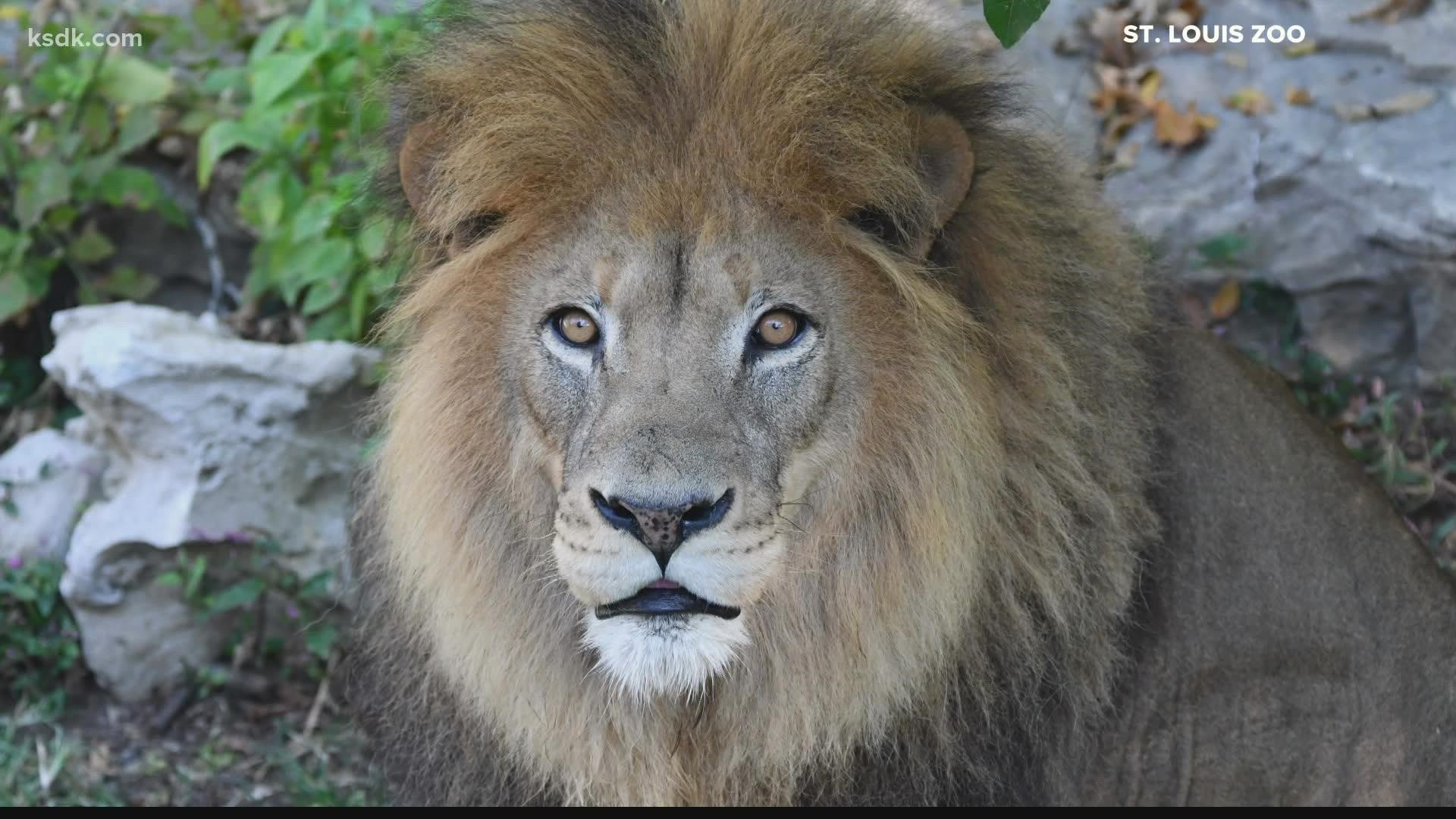ST. LOUIS — Several big cats at the Saint Louis Zoo have recently tested positive for SARS-CoV-2, the virus that causes COVID-19.
On Thursday, the Saint Louis Zoo announced eight big cats have tested positive for the virus. The animals include two African lions, two snow leopards, two jaguars, an Amur tiger and a puma. The zoo said the animals are being closely monitored and staff expects them all to make a full recovery.
The virus is isolated to Big Cat Country and no other animals are showing signs of infection. The zoo said it investigated staff but has found “no evidence to identify the source of the infection.”
The zoo said it has been standard practice for all staff to mask indoors and when around potentially at-risk animals. Employees also are required to be vaccinated against COVID-19 and COVID protocols are in place.
Most of the big cats didn’t have any symptoms of the virus. The zoo said a few of them showed a decrease in appetite and less activity for short periods of time. Some cats developed respiratory signs like ocular, nasal discharge and a cough for a couple days.
According to the zoo, all of the cats at Big Cat Country received a two-dose series of a SARS-CoV-2 vaccine for animals between Sept. 30 and Oct. 26. The zoo believes they were exposed prior to the second dose.
“As in humans, we would expect that full protection against this virus would not be developed until a few weeks after the second injection in a series,” said Sathya Chinnadurai, director of animal health at Saint Louis Zoo. “The vaccine, even partial immunization, likely helped our cats be able to mount a stronger immune response, and show fewer signs of illness for a shorter period of time than they would have if not previously vaccinated.”
As of Thursday, 50 animals at the zoo have received both SARS-CoV-2 vaccine doses and another 42 have received one dose.
“Since the animals at Big Cat Country are vaccinated and only visible outdoors in open spaces with significant distance between guests and animals, all guests can feel safe when visiting the zoo,” the zoo said in a news release Thursday.

